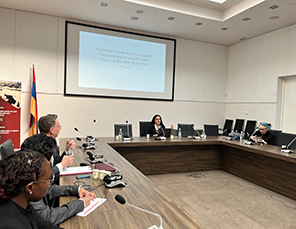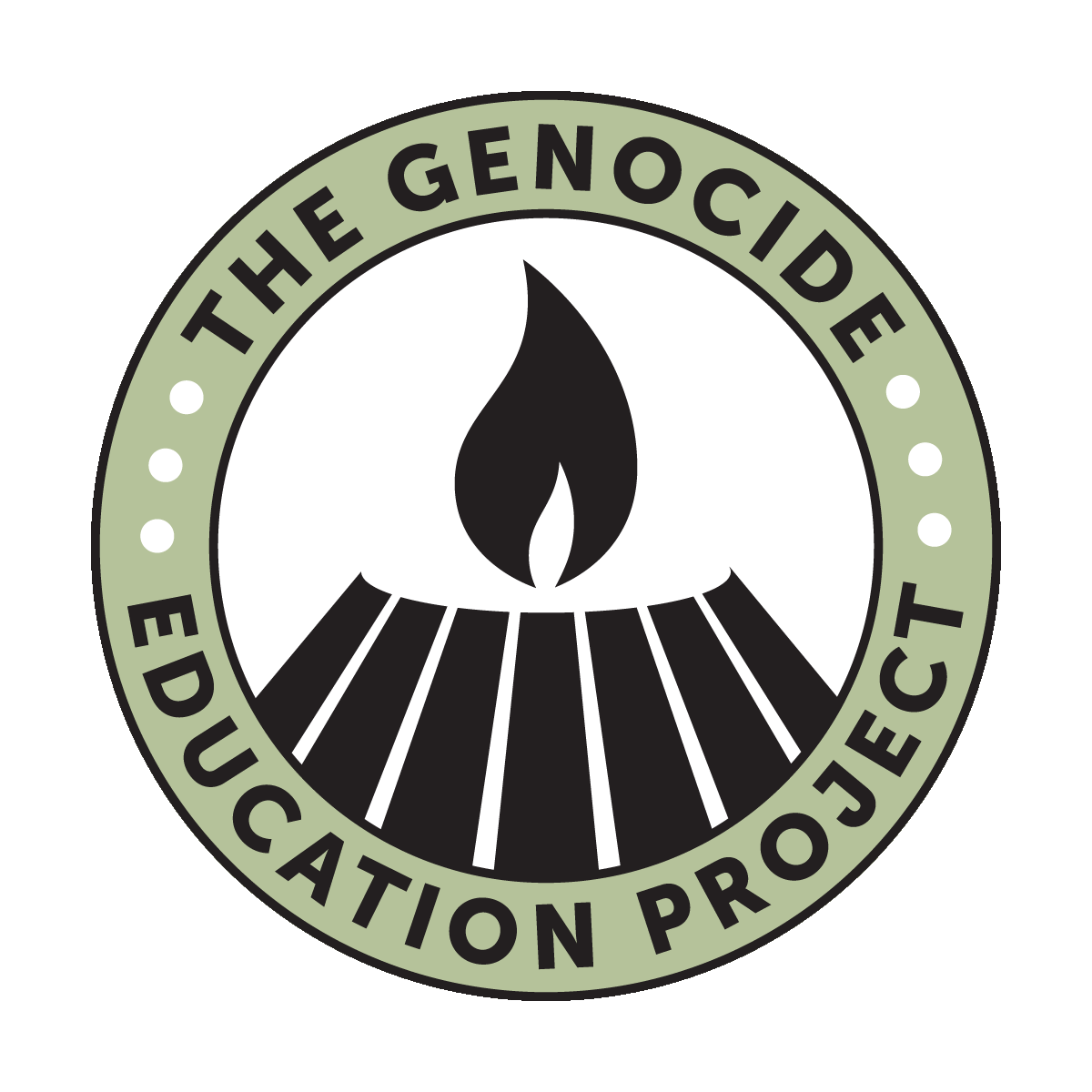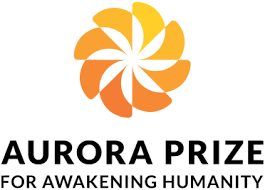13.03.2024

An event titled “From Young Turks to Nazis: The Origins of International Criminal Justice" was held in the Armenian Genocide Museum-Institute’s conference hall on the 12th of March. Speeches were made, during the event, by Edita Gzoyan, leading researcher and director of the Armenian Genocide Museum-Institute Foundation and Christoph Safferling, Professor of Criminal Law, International Criminal Law and International Public Law at the Friedrich-Alexander University of Erlangen-Nuremberg, Germany and Director of the Nuremburg Academy of International Principles.
The speakers presented, in their speeches, the effects the trials against the Young Turks, which started in 1919 and against the Nazis, which began in 1945, had on the formation and development of international criminal justice. The trials against the Young Turks had an important role in terms of recognising the fact and giving a legal assessment of the Armenian Genocide and, what is especially important, the Turks’ own testimonies concerning the Turkish authorities' intention to destroy the Armenians.
The first speaker of the day, Edita Gzoyan mentioned, at the beginning of her speech, that the concept of crimes against humanity was put into circulation decades before the Nuremberg trials. Firstly, in the declaration jointly adopted by the governments of France, Great Britain and Russia in May 1915, the massacres of the Armenians in the Ottoman Empire were described as acts against humanity and civilization; it also stated that the Turkish government would be held responsible for them.
The Paris Peace Conference, convened after World War I, issued a report in 1919, prepared by its Commission on the Responsibility of the Authors of War and on Enforcement of Penalties, which dealt with, among other issues, with crimes against humanity. It also addressed the deportations and forced Islamisation of Armenians.
The speaker then presented the results of the trials held in 1919 and the Treaty of Sèvres, both of which held the Turkish authorities responsible and accountable for the crimes committed against the Armenians.
Christoph Safferling presented the lecture titled “The Nuremberg Trials and the Birth of International Criminal Law”. He noted that these trials and their decisions played a major role in the transition from classical to modern international law and added that they led to the recognition of the Nuremberg principles which eventually became the basis for the creation of the International Criminal Court (ICC).
The attendees had the opportunity, after the speeches, to ask the speakers questions.
At the end of the event, Edita Gzoyan, director of the AGMI, expressed her hope that the Republic of Armenia’s membership to the ICC would provide an opportunity to fight for the rights of the people of Artsakh on international legal arena.
She finally thanked Gurgen Petrosyan, a lawyer and the founder of the Armenian-German Bar Association, for co-organising the event.





